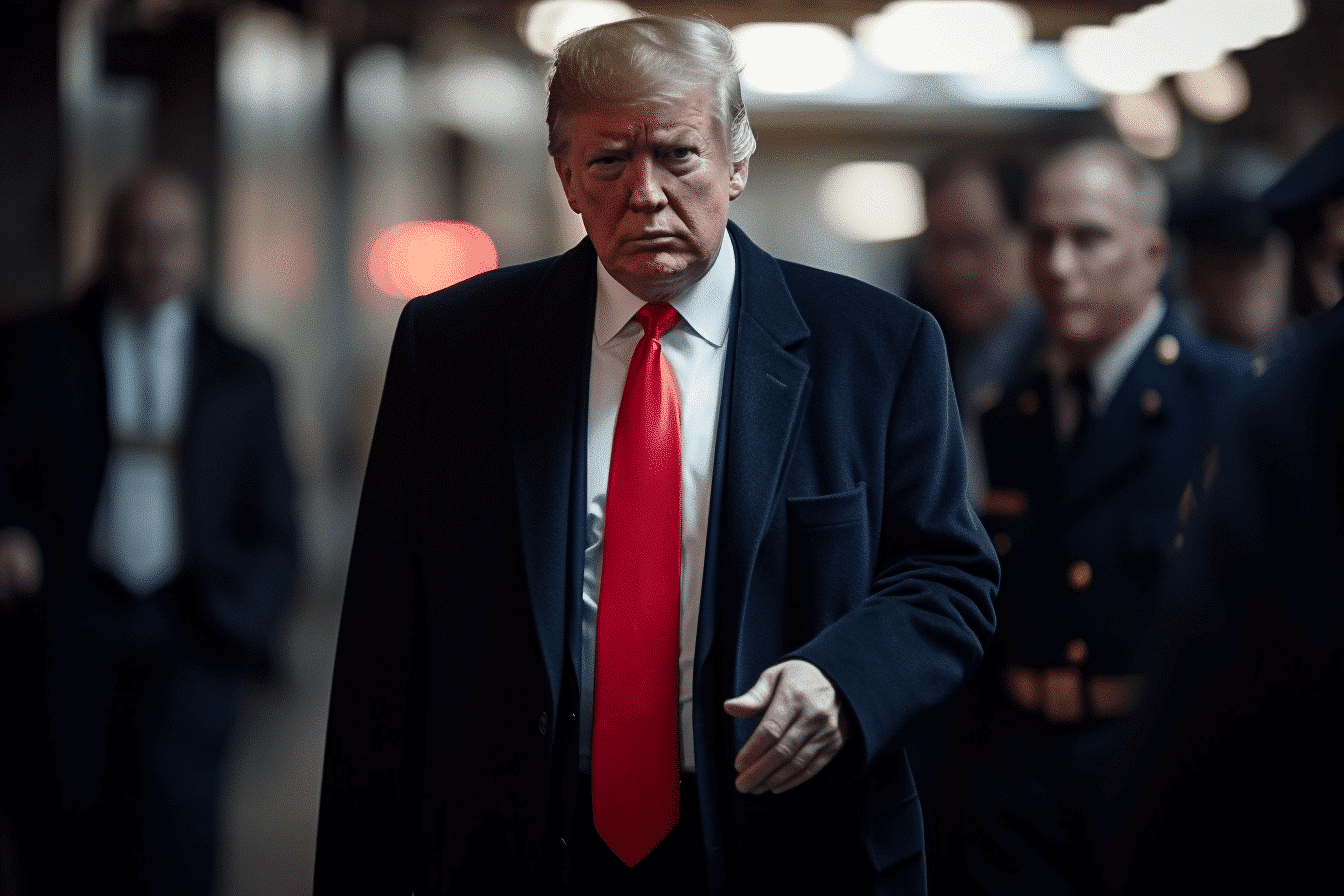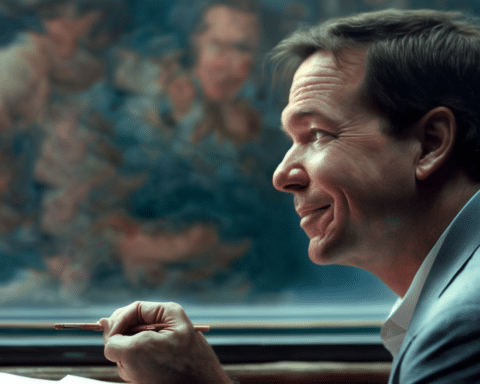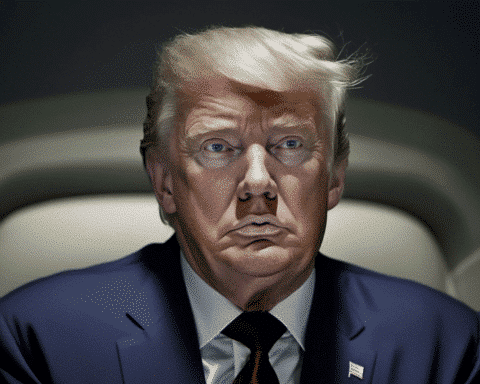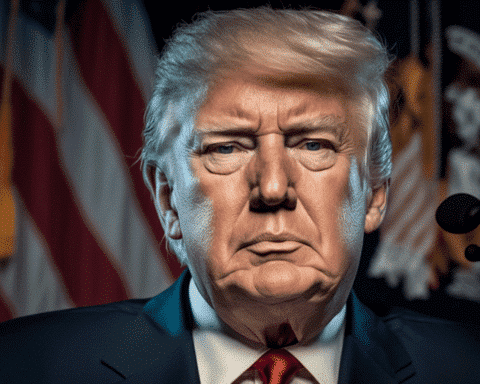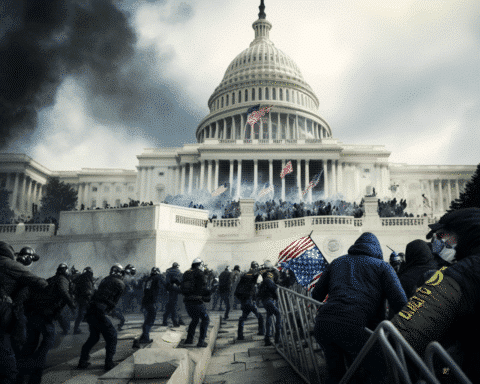Former President Donald Trump reemerged in the courtroom this Thursday, marking a pivotal moment in his ongoing civil fraud trial. The trial, which has stretched over two months, saw Trump fervently defending his innocence and commending the testimony of an accounting expert who contested the allegations of financial misconduct. This appearance, coinciding with his 2024 presidential bid and multiple legal challenges, underscores Trump’s unyielding stance against what he deems a baseless lawsuit.
Amidst the rigorous trial proceedings, NYU accounting professor Eli Bartov took the stand, challenging the cornerstone of Attorney General Letitia James’ lawsuit. James asserts that Trump’s financial statements, including values of high-profile assets like his Trump Tower penthouse and Mar-a-Lago club, were fraudulently inflated. Contradicting these claims, Bartov, hired by Trump’s defence team for his expert opinion, asserted, “My main finding is that there is no evidence whatsoever of any accounting fraud.” He argued that the financial statements were not significantly erroneous and attributed discrepancies to potential errors rather than intentional fraud.
Trump, deeply involved in the trial, has played multiple roles: an observer, a witness, and a vocal critic outside the courtroom. His recent attendance was notably his first since the defence began presenting its case. Trump, slated to testify again, remained actively engaged during the proceedings, highlighting documents and reacting visibly to the courtroom dynamics.
Outside the courtroom, Trump did not hold back his criticism, labelling the trial a “witch hunt” and “a disgrace to America.” His stance is clear: he views the lawsuit as an unfounded and politically motivated attack. James’ lawsuit accuses Trump and his executives of inflating his net worth to secure favourable financial deals, a claim Trump vehemently denies, asserting his wealth was understated in the documents.
Bartov’s testimony extended beyond mere support for Trump’s innocence. He presented the financial statements as fundamentally subjective and transparent, suggesting that their complexity was understandable and manageable for laypersons. This view was corroborated by practices at Deutsche Bank, a primary lender to Trump, which, according to internal documents, often adjusted client-provided figures.
However, Bartov’s testimony was not without contention. State lawyer Kevin Wallace challenged his opinions as exceeding his expertise, leading to a heated exchange where Bartov insisted on his integrity and truthfulness. Notably, Bartov has been previously hired as an expert by the attorney general’s office.
Trump’s presence in court and his active commentary on social media and impromptu media engagements have kept him in the public eye despite a gag order resulting in a $10,000 fine. Attorney General James, countering Trump’s narrative, has maintained a firm stance, asserting the legitimacy and gravity of the allegations against Trump.
The trial, expected to conclude before Christmas, is a legal battle and a public spectacle with significant implications for Trump’s business dealings and political future. Engoron’s decision, anticipated by the end of January, is set to be a defining moment in this high-profile case.
As the civil fraud trial against Donald Trump nears its conclusion, the courtroom has become a battleground for contrasting narratives and legal interpretations. The testimony of experts like Eli Bartov, the engagement of key figures like Attorney General James, and Trump’s dynamic involvement paints a complex picture of a trial that is as much about financial statements as it is about public perception and political implications. With closing arguments scheduled for January, the trial’s outcome remains a focal point of national interest, reflecting the ongoing interplay between law, politics, and the personal fortunes of one of America’s most controversial figures.
